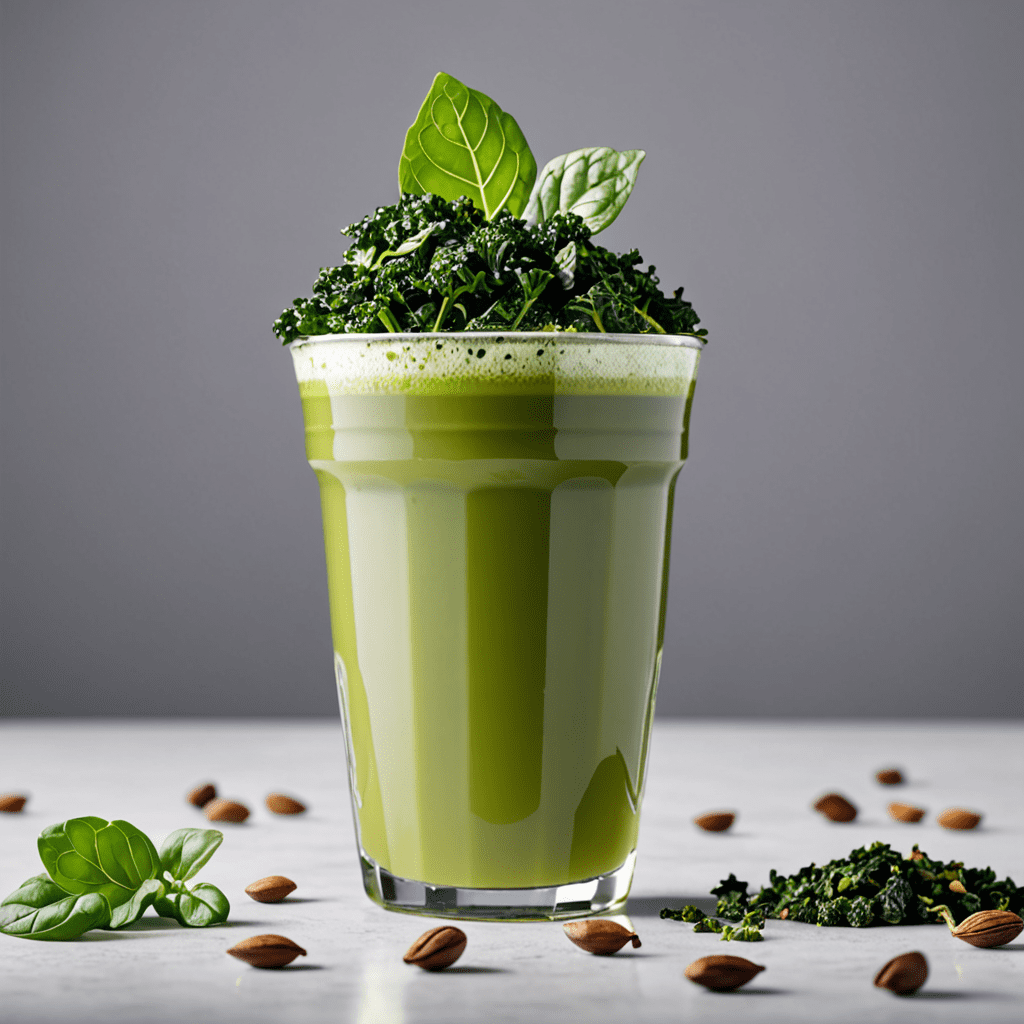
The Mystery of Green Tea’s Fishy Flavor Unraveled
Introduction to Green Tea
Green tea is a popular beverage known for its numerous health benefits and refreshing taste. However, some individuals have reported an unpleasant fishy flavor when drinking green tea. In this blog post, we will delve into the reasons behind this curious phenomenon and shed light on why green tea sometimes tastes like fish.
Understanding the Flavor Profile of Green Tea
To comprehend why green tea can have a fishy taste, it is essential to explore its flavor profile. Green tea is known for its vibrant and grassy taste, often described as vegetal, earthy, or slightly sweet. The presence of certain compounds gives it these distinctive flavors which are generally well-received by tea enthusiasts. However, when green tea takes on a fishy taste, it can leave those who experience it perplexed and seeking answers.
Possible Causes for the Fishy Flavor
Various factors can contribute to green tea tasting like fish. Let’s take a look at some potential causes:
1. Low-Quality Tea Leaves
One of the primary culprits behind the fishy taste in green tea is the use of low-quality tea leaves. Inferior leaves may have been improperly processed, resulting in a degradation of their flavors and potential introduction of undesirable tastes.
2. Stale Tea Leaves
Green tea needs to be stored properly to maintain its freshness. If tea leaves become stale, they can develop a fishy flavor and have a negative impact on the overall taste of the tea.
3. Contamination
Contamination during the tea production process can also lead to a fishy taste. Tea leaves may come into contact with fish products or be processed in facilities that handle seafood, resulting in cross-contamination and an unwanted fishy flavor.
4. Water Quality
The quality of the water used to brew the green tea can significantly affect its flavor. Water with high mineral content or impurities may interact with the tea leaves, resulting in an off-flavor resembling fish.
Preventing the Fishy Flavor
If you have experienced the fishy taste while drinking green tea and want to avoid it in the future, here are a few steps you can take:
1. Choose High-Quality Tea
Investing in high-quality green tea made from fresh leaves can significantly improve the taste profile. Look for reputable tea producers and sellers known for their commitment to quality.
2. Store Tea Properly
To maintain the freshness of your green tea, store it in an airtight container away from moisture, heat, and strong odors. This will help prevent it from becoming stale and acquiring undesirable flavors.
3. Use Filtered Water
Using filtered water rather than tap water can help minimize the chances of off-flavors caused by impurities. Filtered water tends to have a cleaner taste and is less likely to interact negatively with the tea leaves.
4. Be Mindful of Brewing Time and Temperature
Proper brewing techniques can enhance the flavor while avoiding any unpleasant taste. Follow the recommended brewing time and temperature guidelines for your specific green tea variety.
Frequently Asked Questions (FAQ)
Q: Is it normal for green tea to taste like fish?
A: No, it is not normal for green tea to taste like fish. The fishy flavor is often a result of low-quality tea leaves, stale tea, contamination, or water quality issues.
Q: Can I still drink green tea if I experience the fishy taste?
A: Yes, you can still drink green tea if you experience the fishy taste, but it is recommended to follow the preventive steps mentioned above to improve the flavor profile.
Q: Are all green teas susceptible to the fishy taste?
A: Not all green teas are susceptible to the fishy taste. High-quality green teas, stored and brewed correctly, should not have a fishy flavor.
Q: How can I identify high-quality green tea?
A: Look for teas sourced from reputable producers and sellers known for their commitment to quality. Pay attention to the tea’s appearance, aroma, and taste, and seek recommendations from experts or experienced tea enthusiasts.
Q: Can the fishy taste in green tea be harmful?
A: The fishy taste in green tea is typically not harmful. However, it may indicate lower-quality or improperly processed tea leaves, which may affect the overall tea experience.
Q: Can adding lemon or other ingredients mask the fishy flavor?
A: Adding lemon or other compatible ingredients might help mask the fishy flavor to some extent. Experimenting with different flavor combinations can potentially enhance your green tea drinking experience.

